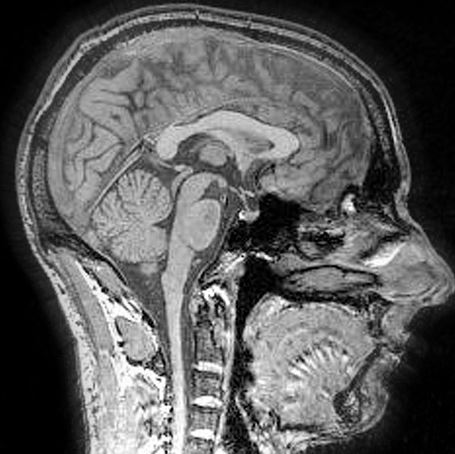by Samantha J. Bily, Esq.
If a claimant is suspected of having conversion disorder, is it compensable? Both the legal and medical community are grappling with this issue.
First, what is conversion disorder? Imagine an employee suffers a compensable injury to his right shoulder. He undergoes surgery, after which he contends he is completely unable to move his right arm. His physicians run numerous tests, none of which reveal any evidence of an etiology that explains the employee’s inability to move his arm. He may be intentionally refusing to move his arm, or he may be suffering from an underlying psychological condition that prevents him from doing so. Different from malingering, (in which a patient intentionally presents exaggerated symptoms), and factitious disorder, (in which the patient’s motor-sensory deficits are under voluntary control to play the role of an injured person), conversion disorder is an involuntary underlying psychological condition which results in blindness, paralysis, or some other neurological symptom that cannot be explained by medical evaluation.
The disorder has the medical community in disagreement as to whether the condition can fairly be said to be involuntary, and if so, what tests conclusively determine whether it is involuntary as opposed to voluntary. The State Board of Workers’ Compensation has addressed the issue in several recent cases, most of which involved numerous conflicting medical opinions as to whether the claimant’s condition was involuntary. Decisions have gone both ways, with detailed consideration of the medical opinions and the testing used to reach those opinions, evidence of pre-existing psychological injuries, testimony from individuals who knew the claimant both before and after the compensable injury, and in some cases, surveillance footage, some favorable to the claimant, some to the defense. However, it seems the most telling factor in many of the decisions is the judge’s determination of whether the claimant is credible. Regardless, employers and insurers should be aware of this medical phenomenon. As with any psychological condition, if the claimant can sufficiently prove that the condition is the result of a compensable injury, employers and insurers will be held liable.


Leave A Comment